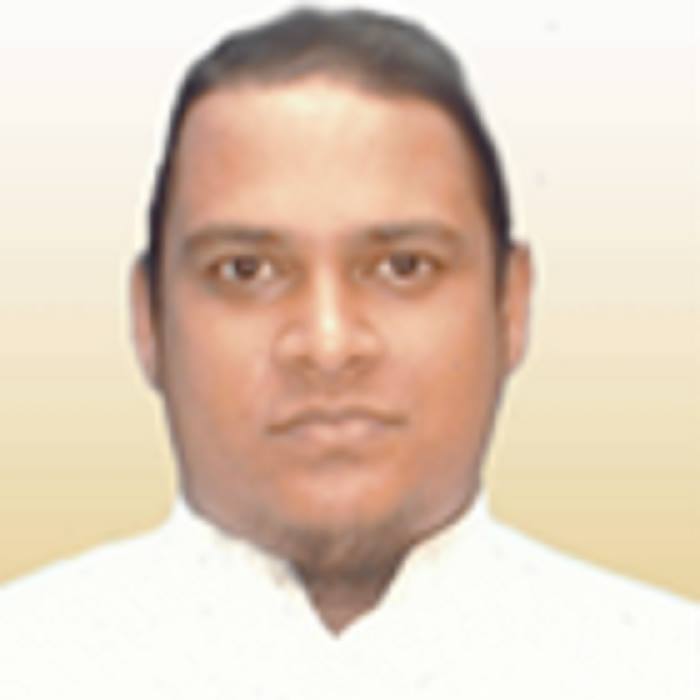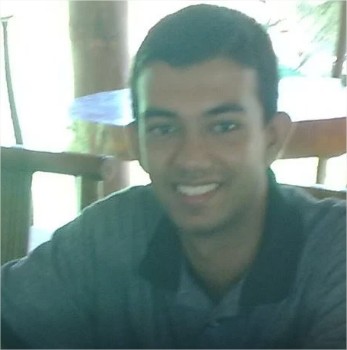
Know 7 causes why you get ulcers in your legs
Leg ulcers are twice as common in women as in men and are a major burden on the health service. They affect 1% of the adult population. Of the causes, 50% are venous, 10% arterial and a 25% ‘mixed’ — due to venous and arterial disease. The remainder are due to rare causes.
1. When veins do not take back blood to the heart in the legs- Venous disease
Veins take blood to the heart from peripheral tissues/organs & arteries take blood to the peripheral tissues/organs from the heart .
Blood flow to the legs relies on the pumping action of surrounding muscles and the integrity of valves present in the veins.
This may be due to damaged valves in your leg veins(e.g. DVT), clotting disorder, or mere problems in closing valves at your birth-congenital valve incompetence
2. When blood is not pumped adequately to the legs from the heart- Arterial disease Smokers getting leg ulcers is mainly due to this reason.
Common medical conditions are Atherosclerosis, Buerger’s disease & polyarteritis nodosa
3. When blood carrying vessels themselves having problems- Small vessel disease
Common medical conditions are Diabetes mellitus, rheumatoid arthritis, vasculitis, sickle cell disease & hypertension.
4. When there is an infection
In developing countries like Sri Lanka, infections such as Tuberculosis & Fungal infections like mycetoma causing leg ulcers are also not uncommon to see.
5. When nerves in the lower limbs having problems- Neuropathy
Diabetes mellitus, leprosy & syphilis are known to affect nerves in the legs.
6. When there is an abnormal growth of tissues in your legs- Neoplasia
If you are having a non-healing ulcer for a long term, be careful, it may be a cancer.
Medically speaking Squamous cell carcinoma, Kaposi’s sarcoma & malignant melanoma are important.
7. When there is a direct injury- Trauma
Dr. Yapa Wijeratne
Recent Articles
using blogs as a portfolio
Using blogs as a portfolio
Blogs are a great way of expressing one’s self.
But ...
Read more5 Common causes for childhood convulsions
Child getting convulsion is a one instance where parents often get panic. Yes, it can indicates a...
Read moreAre you at risk of not getting air to your lungs during sleep?
For normal function of your body regardless of the sleep, your cells need oxygenated blood. That ...
Read moreWhy we need to add 5 vegetables & fruits for daily meal?
Adding more than 400g of vegetables & fruits per day to your meals, reduces the risk of cance...
Read moreWhen can I walk after a heart attack?
A heart attack or myocardial infarction is one of a leading killer of both men and women in the S...
Read more
Dr Rikaz Sheriff
MBBS PGCert MSc
Director, Western Hospital
Rikaz Sheriff is responsible for all aspects of innovation and strategy of health informatics solutions of LankaDoctor. Rikaz joined UniverSL Software after working for 5 years as a Senior Medical Officer at Western Hospital where he leads the business development unit with responsibility for marketing strategy, brand management, advertising, and consumer promotions.
He also serves as the chief coordinator for their kidney transplant programme. Rikaz is a life member of the Sri Lanka Medical Association and the Health Informatics Society of Sri Lanka. Rikaz holds a MBBS degree from Baqai University (Pakistan) and a Master's degree in Biomedical Informatics from the Post Graduate Institute of Medicine, University of Colombo. He also works as the Provincial Health Informatician for the Department of Health Services, Western Province.

Dr. Yapa Wijeratne
MBBS University of Perdeniya.
Medical Officer, Mawanella Hospital.
Yapa entered Faculty of Medicine in 2008, following a successful career at the Dharmaraja College, Kandy. While continuing his undergraduate career, he joined UniverSL Software. He completed his MBBS degree from University of Peradeniya & worked as a Temporary lecturer at Department of Basic sciences, Faculty of Dental Sciences, University of Peradeniya. After completing his internship, he is still working at Teaching Hospital Peradeniya.




